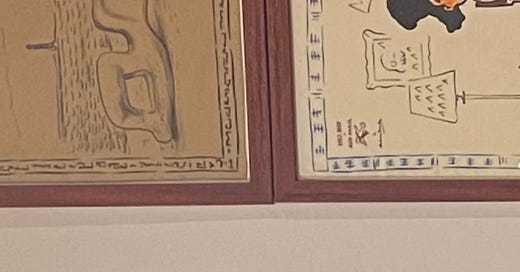“New York is a small town,” my Uncle Lenny was constantly telling me growing up.
New York is, obviously, the most populous city in the country. Inhabited by 8 million people on any given day, Manhattan island alone swells by the millions during business hours from out of state, upstate, or Long Island commuters.
Uncle Lenny was referring not to numbers,…





